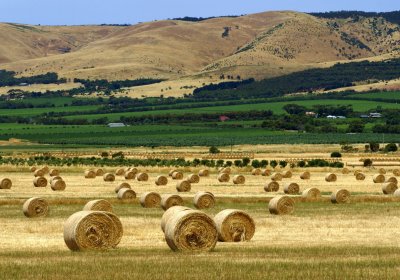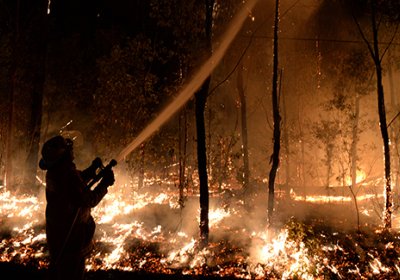A combination of real estate capitalism and climate change has unleashed murderous fires in California, writes Phil Hearse.
Things are getting serious. On November 15, at least are 56 were confirmed dead with hundreds missing. Thousands of homes and businesses have burned down. Two major fires, in the north and south of the state, were still not under control.

 Tacloban, Leyte, Philippines, after Typhoon Haiyan in 2013. Photo: Tony Iltis.
Millions of people fleeing storms that flood major cities within hours, or intense fires that burn towns to the ground — welcome to a climate change apocalypse. It is not a scene from science fiction film, but a fast approaching reality.
Tacloban, Leyte, Philippines, after Typhoon Haiyan in 2013. Photo: Tony Iltis.
Millions of people fleeing storms that flood major cities within hours, or intense fires that burn towns to the ground — welcome to a climate change apocalypse. It is not a scene from science fiction film, but a fast approaching reality.









